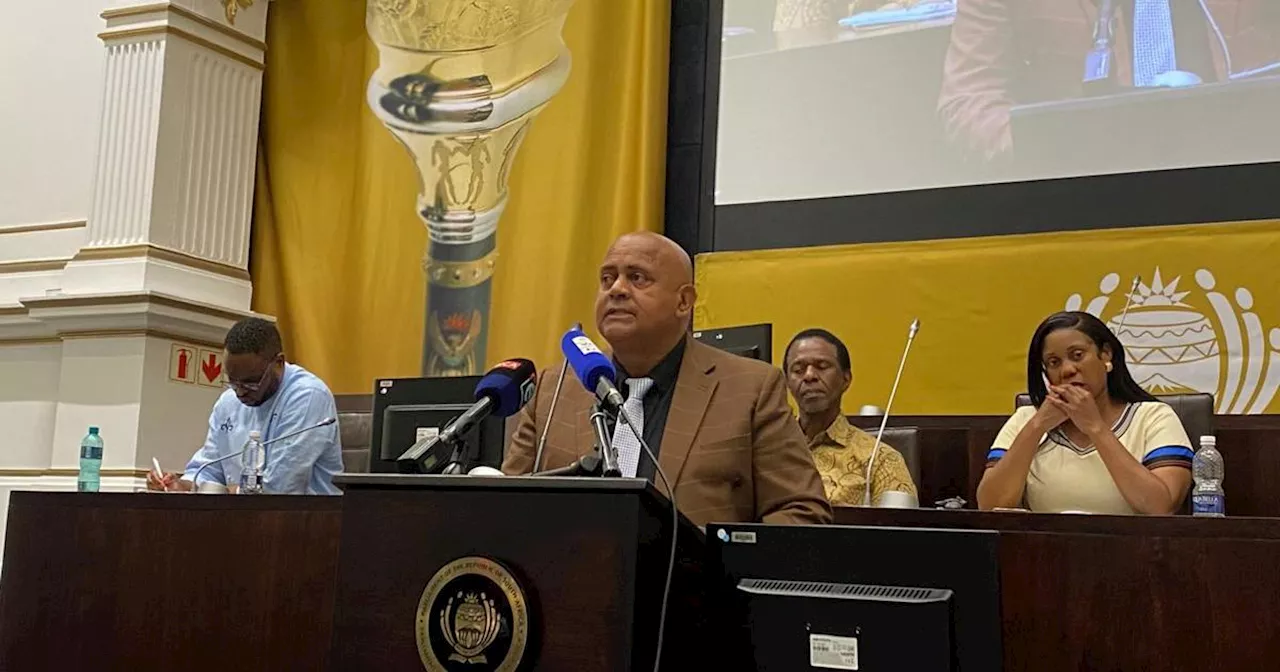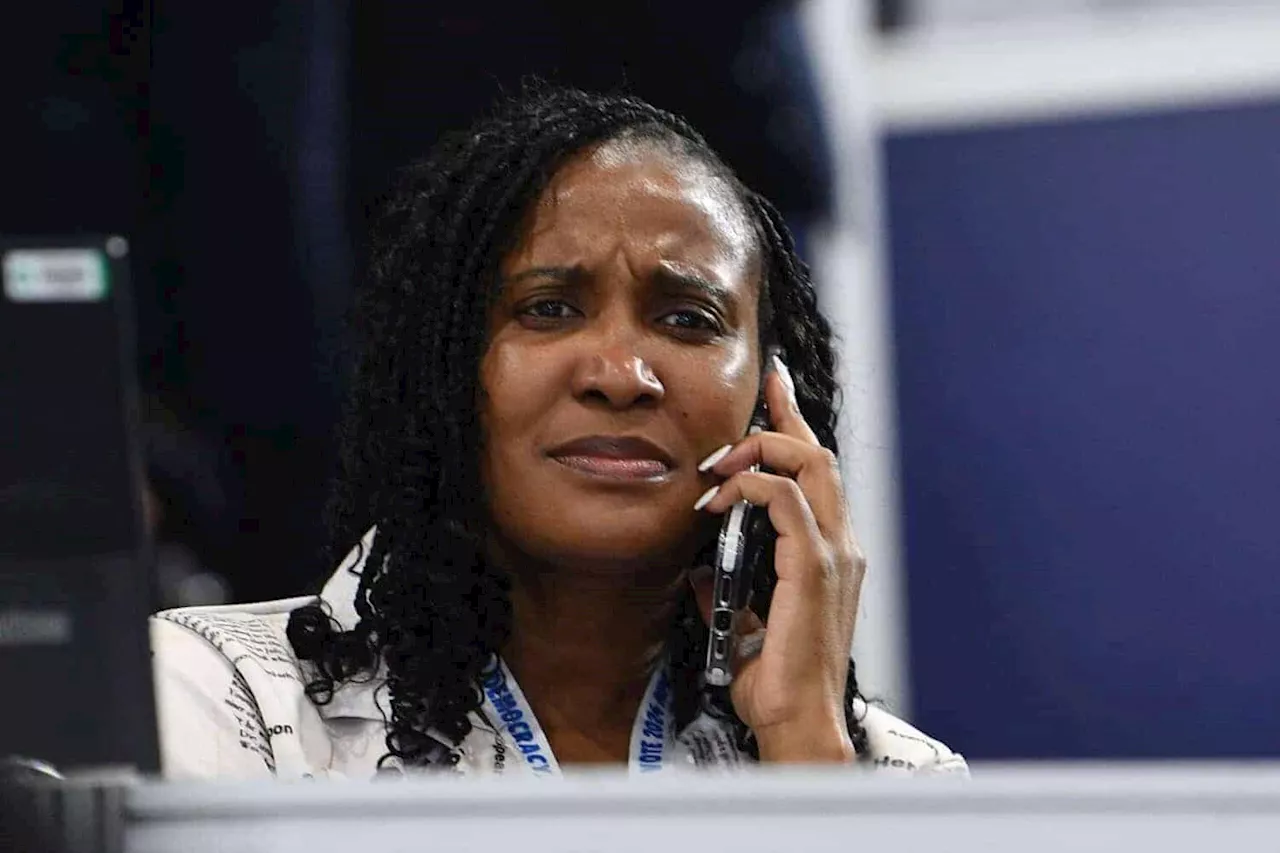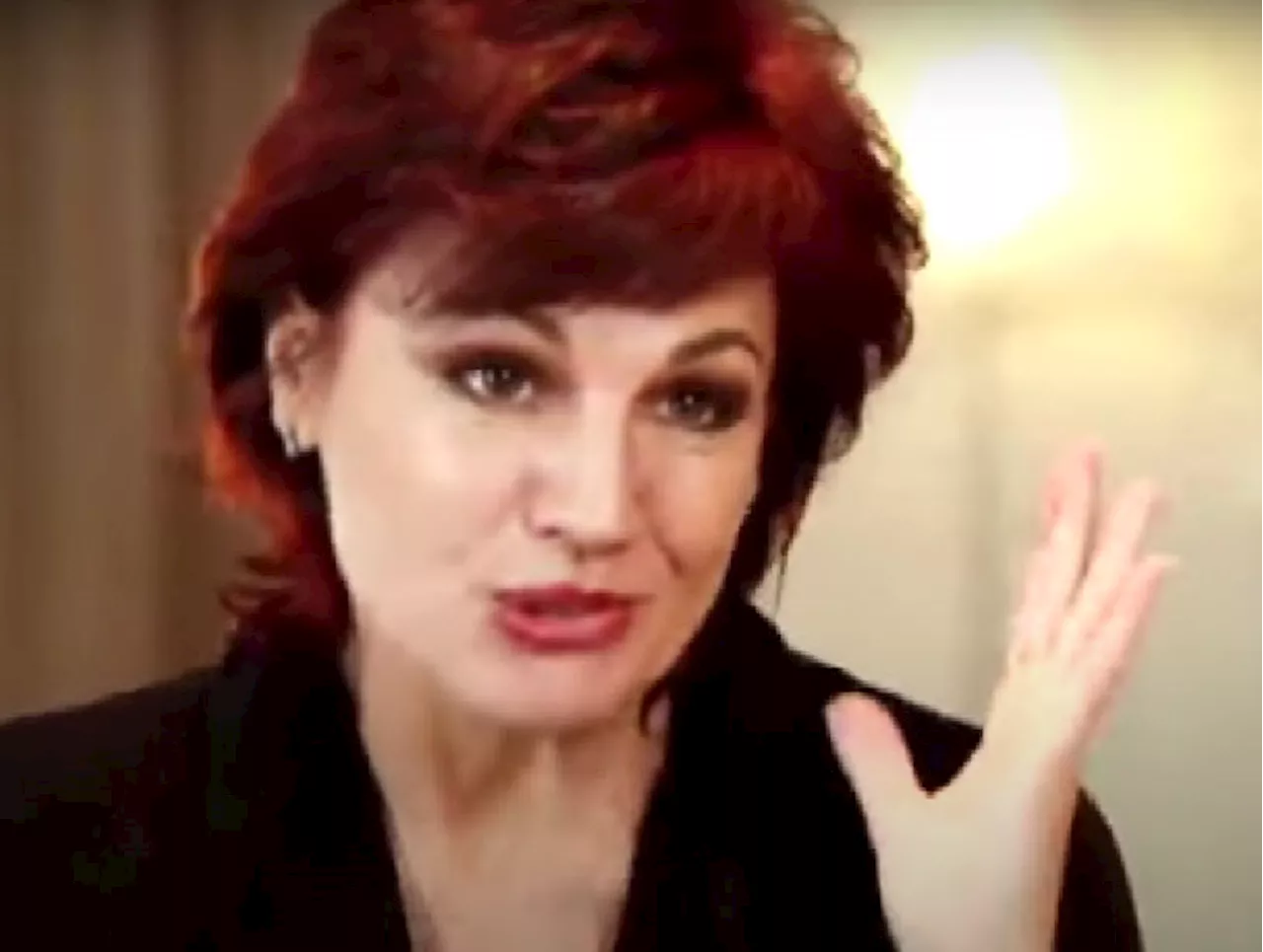The potential liquidation of Ithala SOC Limited, a black-owned bank in South Africa, has sparked outcry from political and labour groups who are urging the government to intervene. They argue that the move reflects a broader failure to support black-owned financial institutions and risks exacerbating economic exclusion.
As Ithala SOC Limited faces liquidation, political and labour groups in South Africa are calling on the government to intervene, warning of severe economic consequences for vulnerable communities and workers who rely on the bank. The Economic Freedom Fighters (EFF), ActionSA, and the National Education, Health and Allied Workers’ Union (NEHAWU) have condemned the decision by the South African Reserve Bank (SARB) to allow Ithala to be liquidated.
These groups argue that the move reflects a broader failure to support black-owned financial institutions and prevent economic exclusion, particularly in the face of entrenched control by white-dominated financial sectors in South Africa. The EFF has been particularly vocal in its disapproval, accusing the SARB and the National Treasury of deliberately undermining economic transformation efforts. The party claims that Ithala SOC Limited, one of the few black-owned financial institutions, has been under consistent attack by the SARB, which, according to the EFF, has shown no interest in fostering financial inclusion for black South Africans. 'The SARB has demonstrated no interest in fostering transformation or ensuring the meaningful participation of black people in the economy,' the EFF said, further accusing the institution of actively protecting the interests of 'Stellenbosch-linked' financial powers. The party argues that the SARB's actions, including its aggressive stance against Ithala, mirror the same pattern seen in the VBS scandal and serve to maintain an economic status quo that excludes black ownership and control.ActionSA echoed similar concerns, particularly about the lack of intervention from the KwaZulu-Natal provincial government or National Treasury to prevent Ithala's collapse. The party had warned in September that without a capital injection, Ithala would not be able to survive. 'Ithala’s collapse would represent an embarrassing failure of accountability and foresight,' ActionSA said, emphasizing the institution’s vital role in the local economy. It also expressed concerns over the potential impact on Ithala's roughly 257,000 depositors, many of whom are from vulnerable communities. While National Treasury has assured that depositors' funds will be protected, ActionSA criticized the timing of the intervention, describing it as too little, too late. The union, which represents thousands of workers in KwaZulu-Natal, highlighted the important role Ithala has played in fostering financial inclusion and supporting local communities. 'Ithala bank has been in existence for more than 50 years and has played a critical role in promoting a savings culture within the working class in the province,' NEHAWU said. The union also pointed out that the bank serves a diverse range of clients, including rural communities, stokvels, churches, and small businesses. The union believes the move to liquidate Ithala is part of a broader strategy by the government to privatise state-owned entities, transferring assets to private entities, driven by profit rather than public interest. The decision to liquidate Ithala has sparked widespread concern over the future of financial inclusion in South Africa. The bank’s closure would exacerbate financial exclusion, especially in rural areas where access to banking services is already limited. Vulnerable groups, such as the elderly and working-class people who rely on Ithala for pensions and wages, stand to be the hardest hit by the liquidation. The EFF and NEHAWU are calling for immediate government intervention to halt the liquidation process and ensure that Ithala is given a chance to continue operating. Specifically, they are urging the SARB to issue a full banking license to Ithala, allowing the institution to continue serving its clients and contributing to economic transformation in KwaZulu-Natal. 'We demand immediate intervention to protect Ithala SOC Bank and call for the SARB to fulfil its legislative duty to transform South Africa's financial sector to serve the interests of the majority,' the EFF said. Both the EFF and NEHAWU argue that the long-term solution to the country’s economic and financial challenges lies in the establishment of state-owned banks with a mandate to drive transformation. These institutions, they argue, should focus on investment in sectors that create jobs, stimulate industrialisation, and reduce economic inequality. By prioritising access to affordable financial services for marginalised communities, state-owned banks could contribute to a more inclusive, resilient economy
Finance Politics ITHALA SOC LIMITED SOUTH AFRICAN RESERVE BANK ECONOMIC FREEDOM FIGHTERS ACTIONSA NATIONAL EDUCATION HEALTH AND ALLIED WORKERS’ UNIO FINANCIAL INCLUSION ECONOMIC TRANSFORMATION BANK LIQUIDATION
South Africa Latest News, South Africa Headlines
Similar News:You can also read news stories similar to this one that we have collected from other news sources.
 South African Celebrities Ring in the New Year with African AdventuresCelebrities like Pearl Thusi, Anele Mdoda, Neo Nontso, and Rachel Kolisi enjoyed diverse experiences across Africa during the New Year, from skydiving and scenic cruises to solo explorations.
South African Celebrities Ring in the New Year with African AdventuresCelebrities like Pearl Thusi, Anele Mdoda, Neo Nontso, and Rachel Kolisi enjoyed diverse experiences across Africa during the New Year, from skydiving and scenic cruises to solo explorations.
Read more »
 South Africa: How South African Women Navigate Gender Issues on TikTokThe Centre for Analytics and Behavioural Change (CABC) has released its latest report, Gender-Based Violence and Misogyny TikTok Analytics and Narrative Update in South Africa, on the online conversation regarding gender-based violence and misogyny.
South Africa: How South African Women Navigate Gender Issues on TikTokThe Centre for Analytics and Behavioural Change (CABC) has released its latest report, Gender-Based Violence and Misogyny TikTok Analytics and Narrative Update in South Africa, on the online conversation regarding gender-based violence and misogyny.
Read more »
 Parliament Committee to Continue Investigating SARU and SAFA FinancesSouth Africa's Parliament sport, arts and culture committee vows to continue investigating the financial practices and management of the South African Rugby Union (SARU) and the South African Football Association (SAFA).
Parliament Committee to Continue Investigating SARU and SAFA FinancesSouth Africa's Parliament sport, arts and culture committee vows to continue investigating the financial practices and management of the South African Rugby Union (SARU) and the South African Football Association (SAFA).
Read more »
 South African Minister Blames High Cost of Batting Equipment for Lack of Black BatsmenGayton McKenzie, South Africa's Minister of Sport, Arts, Culture and Recreation, has attributed the scarcity of black batsmen in the country's cricket to the prohibitive cost of batting equipment. He expressed his desire to increase investment in school sports, particularly in rural areas, to provide equal opportunities for aspiring athletes.
South African Minister Blames High Cost of Batting Equipment for Lack of Black BatsmenGayton McKenzie, South Africa's Minister of Sport, Arts, Culture and Recreation, has attributed the scarcity of black batsmen in the country's cricket to the prohibitive cost of batting equipment. He expressed his desire to increase investment in school sports, particularly in rural areas, to provide equal opportunities for aspiring athletes.
Read more »
 Call for African Union Mediation as Mozambique Violence Claims Over 260 LivesDuduzile Zuma-Sambudla, chairperson of the Southern Caucus of the Pan-African Parliament, urges the African Union and the Southern African Development Community (SADC) to intervene in Mozambique following disputed elections that have sparked widespread violence.
Call for African Union Mediation as Mozambique Violence Claims Over 260 LivesDuduzile Zuma-Sambudla, chairperson of the Southern Caucus of the Pan-African Parliament, urges the African Union and the Southern African Development Community (SADC) to intervene in Mozambique following disputed elections that have sparked widespread violence.
Read more »
 Well-known South African actress loses cancer battleMichelle Botes passed away in Cape Town early this morning.
Well-known South African actress loses cancer battleMichelle Botes passed away in Cape Town early this morning.
Read more »